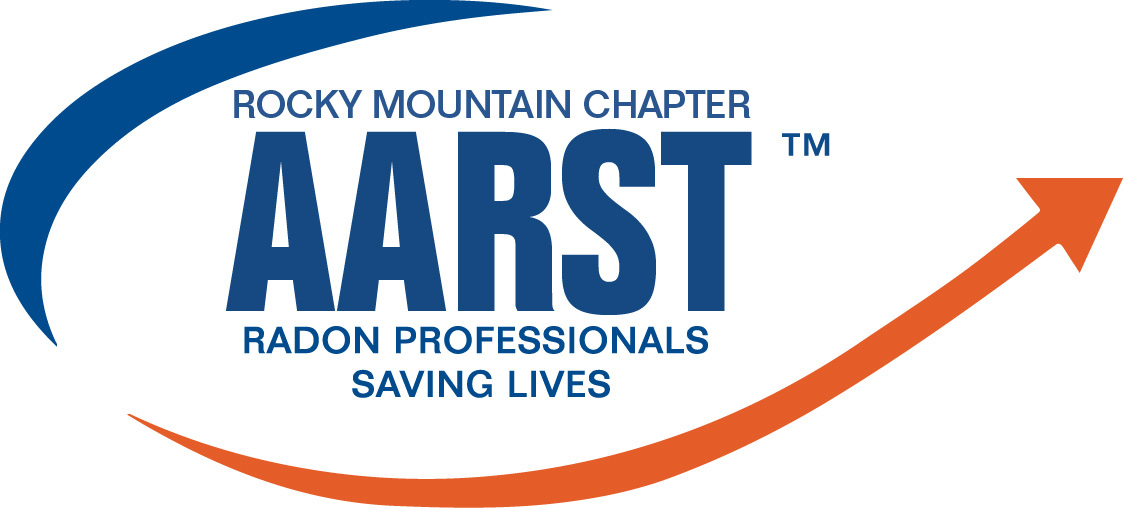50% of Homes in Colorado Have High Radon Levels - Help Protect Your Community During Radon Action Month

Denver, CO, January 05, 2023 --(PR.com)-- The U.S. Environmental Protection Agency (EPA) has designated January as National Radon Action Month. This January, raise awareness about the risks of radon in your community — and teach others how to test their homes.
Not only do half the homes in Colorado have high radon levels, but 1 in 3 Utah homes have elevated radon levels, according to the Colorado and Utah public health departments. The EPA reports that 1 in 15 homes in the United States have high radon levels.
Living in a home with high radon levels can be dangerous for your health. According to the CDC, radon is the second leading cause of lung cancer, and it is estimated to cause over 20,000 deaths each year in the U.S. Because of the ways that radon and tobacco smoke damage the lungs, high radon levels are especially dangerous for people who smoke. Their risk of lung cancer is 10 times higher than non-smokers.
Radon, a radioactive gas, builds up in homes over time and cannot be seen, tasted, or smelled — so it is easy for radon problems to go unnoticed. The only way to know if you have a radon problem is to test your home. The Surgeon General recommends that all homes get tested for radon. Home radon tests are simple and inexpensive — and can help save lives.
“The Rocky Mountain Chapter of AARST encourages all homeowners, daycare centers, businesses, and buildings to test for radon,” says Bryan Coy of 5280 Radon Mitigation and President of the Rocky Mountain chapter of the American Association of Radon Scientists and Technologists. Homeowners can test their homes with a simple test kit - and if their home has high radon levels, they can fix it. “Radon reduction repairs are required to be done with the help of a licensed radon mitigation contractor. And, if you are unsure about using a do-it-yourself home test, please contact a licensed radon measurement professional,” Coy says.
A list of licensed radon measurement professionals and licensed radon mitigators can be found on the website for the Colorado Department of Regulatory Agencies (DORA) by clicking on “License Verification” and then “Radon Professionals.”
The public can raise radon awareness in the community during National Radon Action Month by:
· Contacting local school systems to encourage radon education at school
· Holding an informal talk in your local library or other community space
· Writing a letter to your local newspaper about the risks of radon and the importance of testing your home
· Organizing a time for everyone in your neighborhood to test their homes together
· Contacting your state health department to find out about radon testing and mitigation resources
· Testing your home and sharing that you’ve done so on social media
Not only do half the homes in Colorado have high radon levels, but 1 in 3 Utah homes have elevated radon levels, according to the Colorado and Utah public health departments. The EPA reports that 1 in 15 homes in the United States have high radon levels.
Living in a home with high radon levels can be dangerous for your health. According to the CDC, radon is the second leading cause of lung cancer, and it is estimated to cause over 20,000 deaths each year in the U.S. Because of the ways that radon and tobacco smoke damage the lungs, high radon levels are especially dangerous for people who smoke. Their risk of lung cancer is 10 times higher than non-smokers.
Radon, a radioactive gas, builds up in homes over time and cannot be seen, tasted, or smelled — so it is easy for radon problems to go unnoticed. The only way to know if you have a radon problem is to test your home. The Surgeon General recommends that all homes get tested for radon. Home radon tests are simple and inexpensive — and can help save lives.
“The Rocky Mountain Chapter of AARST encourages all homeowners, daycare centers, businesses, and buildings to test for radon,” says Bryan Coy of 5280 Radon Mitigation and President of the Rocky Mountain chapter of the American Association of Radon Scientists and Technologists. Homeowners can test their homes with a simple test kit - and if their home has high radon levels, they can fix it. “Radon reduction repairs are required to be done with the help of a licensed radon mitigation contractor. And, if you are unsure about using a do-it-yourself home test, please contact a licensed radon measurement professional,” Coy says.
A list of licensed radon measurement professionals and licensed radon mitigators can be found on the website for the Colorado Department of Regulatory Agencies (DORA) by clicking on “License Verification” and then “Radon Professionals.”
The public can raise radon awareness in the community during National Radon Action Month by:
· Contacting local school systems to encourage radon education at school
· Holding an informal talk in your local library or other community space
· Writing a letter to your local newspaper about the risks of radon and the importance of testing your home
· Organizing a time for everyone in your neighborhood to test their homes together
· Contacting your state health department to find out about radon testing and mitigation resources
· Testing your home and sharing that you’ve done so on social media
Contact
Rocky Mountain AARST
Bryan Coy
(720) 629-9819
https://rockymtnaarst.org/
Bryan Coy
(720) 629-9819
https://rockymtnaarst.org/
Categories
